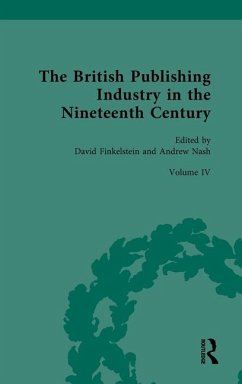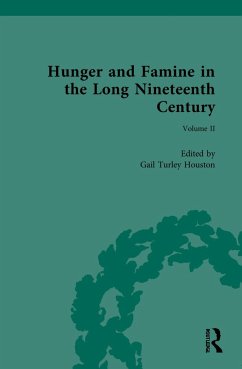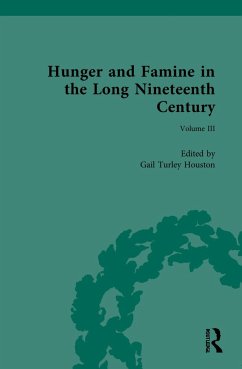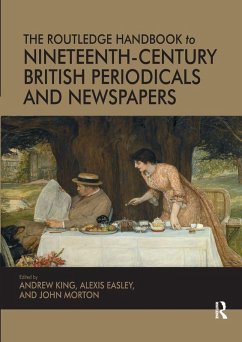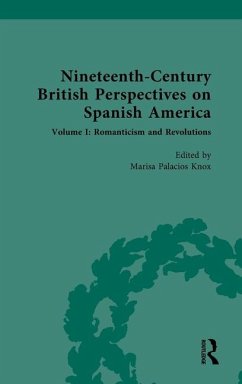
The British Publishing Industry in the Nineteenth Century
The Structure of the Industry
Herausgegeben: Finkelstein, David; Nash, Andrew
Versandkostenfrei!
Versandfertig in 6-10 Tagen
134,99 €
inkl. MwSt.
Weitere Ausgaben:

PAYBACK Punkte
67 °P sammeln!
This volume assembles documents that illustrate the changing structure of the British publishing industry in the nineteenth century. It charts the increasing separation of the functions of printing, publishing and retailing in the production and distribution of books, and the emergence of new economic models of publishing. For most of the period the book trade operated on a shortage of capital, depending upon fragile networks of credit and debt which could lead, as in the financial crisis of 1825-6, to the collapse of many businesses. The volume documents how the structures of the industry imp...
This volume assembles documents that illustrate the changing structure of the British publishing industry in the nineteenth century. It charts the increasing separation of the functions of printing, publishing and retailing in the production and distribution of books, and the emergence of new economic models of publishing. For most of the period the book trade operated on a shortage of capital, depending upon fragile networks of credit and debt which could lead, as in the financial crisis of 1825-6, to the collapse of many businesses. The volume documents how the structures of the industry impacted upon the pricing structure of books and periodicals and charts the slow emergence of a mass-market for print. Major points of contention such as the 'taxes on knowledge' and the battle over legal deposit are traced, along with recurring debates over discounting and underselling. The volume focuses on key moments such as the controversy over free trade in the 1840s and 1850s and thedebates over price protection which led to the formation of the Net Book Agreement in 1900.






